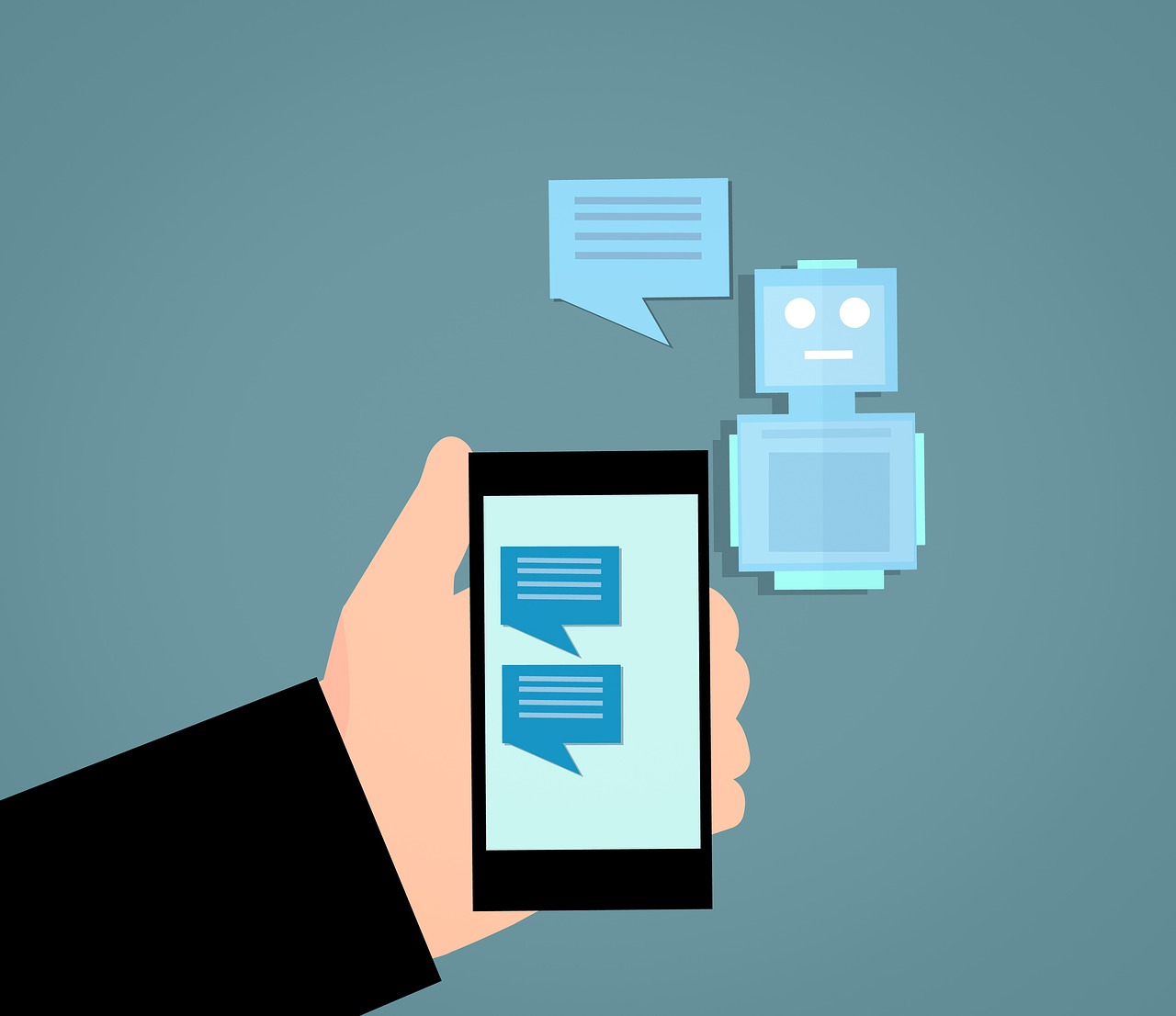 AI
AI
 AI
AI
 AI
AI
The power of generative artificial intelligence chatbots to talk like humans and perform knowledge tasks has taken the world by storm, but none has gotten as much attention as OpenAI’s LP’s ChatGPT. Now, that popularity has brought both new contenders for OpenAI’s crown and new claims of superiority.
At the front of the pack, Google DeepMind, Alphabet Inc.’s AI research lab, said its own large language model chatbot Gemini, which is still in development, is on track to eclipse ChatGPT and GPT-4, OpenAI’s newest and most powerful AI model. And Chinese search giant Baidu Inc. claimed today that its Ernie 3.5 chatbot already outperforms ChatGPT in comprehensive ability scores and exceeds GPT-4 in Chinese language capabilities.
Generative AI captured the attention of the world for its ability to understand conversational language prompts given by users and answer questions with humanlike responses. Large language models such as OpenAI’s ChatGPT can hold conversations, produce research, and write poetry, essays, computer code and more. The systems are also capable of logical and problem-solving understanding when presented with issues, so a user can present a problem and have the AI attempt to solve mathematical or logic problems.
Speaking to Wired, Demis Hassabis, DeepMind’s co-founder and chief executive, said Gemini will combine the same power of a large language model with an earlier effort by DeepMind called AlphaGo, which was an AI designed to solve logic problems by playing the board game “Go.”
By enhancing the power of a language model with the logic and planning capabilities of a game-playing AI, Hassabis contended, the new generative AI system would emerge with superior problem-solving facilities. “At a high level you can think of Gemini as combining some of the strengths of AlphaGo-type systems with the amazing language capabilities of the large models,” Hassabis said. “We also have some new innovations that are going to be pretty interesting.”
Baidu claimed that it already has a generative AI model that surpasses ChatGPT with its Ernie 3.5 large language model, which powers its Ernie Bot. The Chinese search engine revealed the AI chatbot in March with the Ernie 3.0 model, which the company has been publicly testing since its initial launch.
“Just three months after the beta release of Ernie Bot, Baidu’s large language model built on Ernie 3.0, Ernie 3.5 has achieved broad enhancements in efficacy, functionality and performance,” said Chief Technology Officer Haifeng Wang.
Citing tests reported by China Science Daily, Baidu said Ernie has exceeded ChatGPT and GPT-4 in exams based on entrance exams for college and law schools in Chinese. The model fell behind GPT-4 in English but pulled ahead of ChatGPT.
According to another test that evaluated almost 14,000 multiple choice questions across 50 different subjects designed for Chinese language models, it beat out GPT-4, the company said. In a test designed with subjects such as science, technology, engineering and humanities questions, developed by U.S. universities, it once again fell behind GPT-4.
Evaluating the test scores, the report said the current Ernie 3.5 showed outstanding Chinese ability, certainly surpassing GPT-4 there, but it fell short of GPT-4 in overall comprehensive ability. The report also added that Ernie 3.5 has already far exceeded ChatGPT and surpassed the capabilities of existing open-source models on the market such as the Chinese/English bilingual ChatGLM-6B, and Meta Platform Inc.’s LLaMA family, including LLaMA-7B, LLaMA-13B and LLaMA-65B.
Baidu added that a “defining feature” of Ernie 3.5 is a plugin capability, similar to ChatGPT’s plugin feature rolled out in May. It will allow third-party developers and services to extend the capabilities of Ernie to build unique applications.
Support our mission to keep content open and free by engaging with theCUBE community. Join theCUBE’s Alumni Trust Network, where technology leaders connect, share intelligence and create opportunities.
Founded by tech visionaries John Furrier and Dave Vellante, SiliconANGLE Media has built a dynamic ecosystem of industry-leading digital media brands that reach 15+ million elite tech professionals. Our new proprietary theCUBE AI Video Cloud is breaking ground in audience interaction, leveraging theCUBEai.com neural network to help technology companies make data-driven decisions and stay at the forefront of industry conversations.